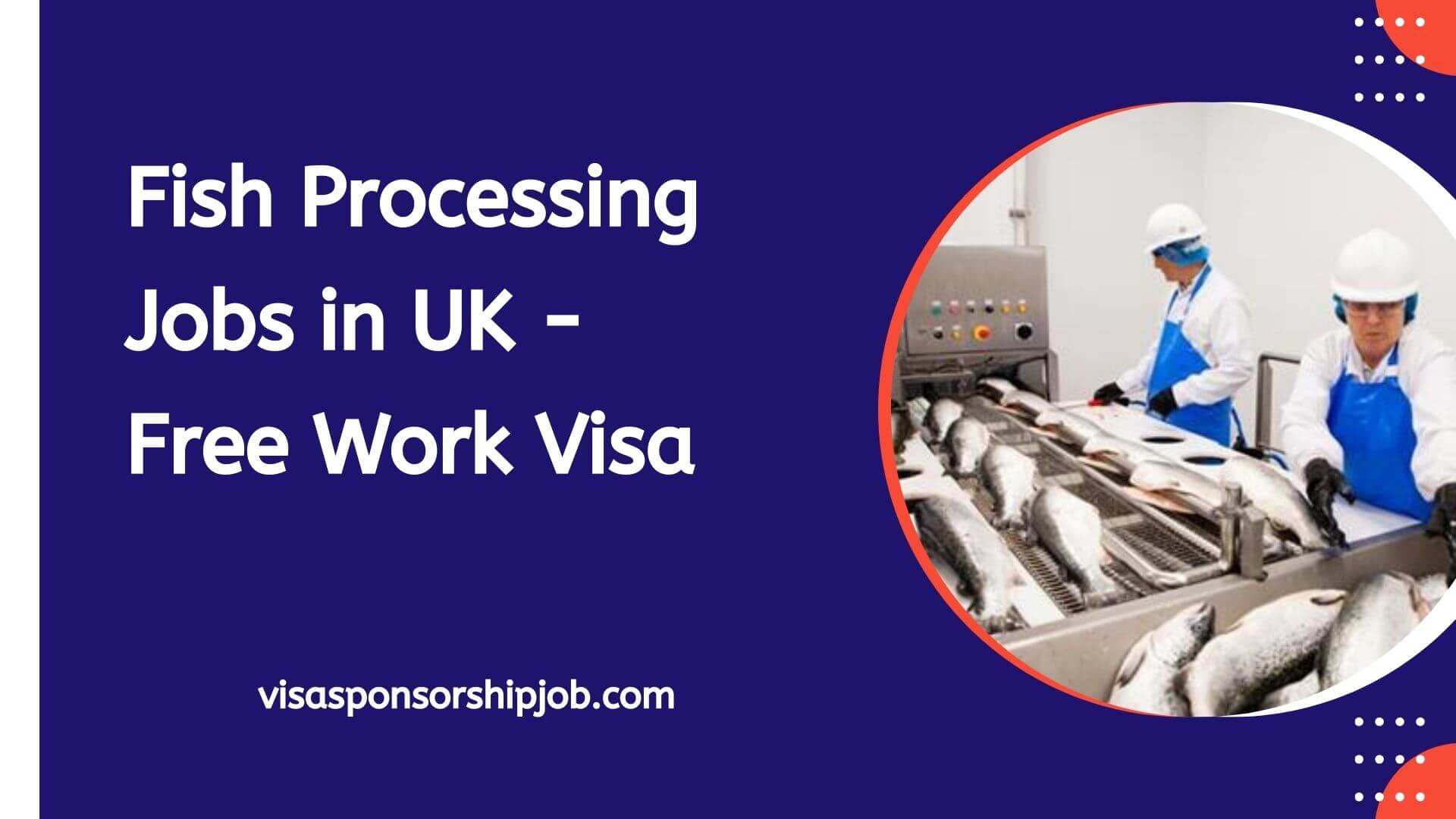Canada is extending a warm welcome to individuals and families seeking to relocate and work within its borders, eliminating traditional hurdles such as language examinations, Labor Market Impact Assessments (LMIA), age limits, and IELTS requirements. This expedited process of acquiring a Canadian work permit creates exciting options for those who want to live in one of the world’s most diverse and inclusive countries. Here’s all you need to know to fulfill your Canadian dream.
Benefits of Work in Canada Without LMIA:
- Legal Authorization to Work: A Canadian work permit authorizes persons to work for a specified employer or in a specific occupation in Canada for a set length of time. This assures adherence to Canadian immigration laws and regulations.
- Access to the Canadian Job Market: Individuals with a work visa can apply for jobs in a variety of industries and sectors around the country. This allows them to obtain significant work experience, learn new skills, and increase their professional networks.
- Temporary Residence in Canada: A Canadian work visa allows people to stay in Canada temporarily while they work. This allows people to immerse themselves in Canadian culture, lifestyle, and comforts while also exploring the country’s numerous landscapes and attractions.
- Dependent Benefits: In certain situations, those with Canadian work permits may be able to bring their spouse or common-law partner, as well as dependent children, to Canada. Dependent family members may be eligible for open work or study permits, which allow them to work or study in Canada.
- Permanent Residency Opportunities: Some Canadian work permit programs, such as the Canadian Experience Class (CEC), Provincial Nominee Program (PNP), or specific streams of the Temporary Foreign Worker Program (TFWP), may lead to permanent residency in Canada. Individuals who earn Canadian work experience may be eligible for permanent residency under these programs.
- International Experience: Working in Canada temporarily provides individuals with excellent foreign job experience, which can improve their résumé and career prospects in Canada, their home country, or elsewhere worldwide. This experience may be especially useful in industries that have a worldwide focus.
- Access to Social Services: While working temporarily in Canada, persons may be eligible for certain social services, such as healthcare through provincial healthcare systems, education for dependent children, and other social advantages available to residents or temporary residents.
- Cultural and Language Immersion: Living and working in Canada allows people to immerse themselves in Canadian culture, language, and society. This can result in personal development, cross-cultural exchange, and the formation of lifelong relationships and friendships with Canadians and other international citizens.
Simplified Route to Canadian Residency for Everyone:
Obtaining a legal work permit will allow you to experience Canadian life, culture, and community integration without the need for long-term commitments.
Canadian Work Permit Requirements:
You may require the following necessary items before applying for your Canadian work permit without LMIA:
- Valid identity (passport or travel document).
- Proof of employment in Canada, relevant work experience, and an offer from a Canadian company.
- Proof of sufficient funds for your and your family’s stay.
- A clear criminal record check.
Check Also: Top Highest-Paying Jobs in Canada – Apply Online
Types of Canadian Work Permits You Can Aim:
Depending on your objectives and circumstances, you may consider:
- Business Visitors Permit: The Business Visitors Permit is ideal for short-term business travels.
- IEC Canada Permit: Intended for young people seeking international work experience.
- Post-Graduation Work Permit: Ideal for those who have graduated from Canadian institutions.
- Open Work Permit: The Open Work Permit allows you to work for any employer in Canada, making it ideal for those who value freedom in their job choices.
Long-term positions may require an LMIA unless you qualify for an LMIA-exempt work permit that is tailored to specific employment conditions.
Applying for a Work Permit (Complete Simplified Process Guidance):
There are two types of work permits: the open work permit and the regular work permit. The open work permit permits you to work for any business for a certain amount of time, which gives you a lot of flexibility. In contrast, the ordinary work permit is more tailored, catering to certain job conditions.
Create an account on the Canadian government’s website to apply for the permit that best suits your needs, without the need for IELTS or other customary requirements.
If you have a Canadian Visitor Visa Then Can You Convert it to Work Permit:
Yes, you can change your Canadian guest visa to a Canadian work permit. Those in Canada on a visiting visa can upgrade to a work permit without leaving the country. This process entails seeking employment in Canada, accepting a job offer from an LMIA-approved employer, and then applying for a work permit. This method aligns with Canada’s immigration plan, which aims to welcome 500,000 immigrants by 2026 to meet labor shortages.
Frequently Asked Questions:
Can I work without an LMIA in Canada?
The International Mobility Program enables you (the company) to engage a temporary worker without a Labour Market Impact Assessment (LMIA). In most cases, you have to submit an offer of employment via the Employer Portal. Once your part is completed, the temporary foreign worker needs to apply for a work permit.
Which province in Canada does not require LMIA?
Employers with businesses or companies established in Canada’s Atlantic provinces (Nova Scotia, New Brunswick, Newfoundland Labrador, and Prince Edward Island) can recruit foreign workers without obtaining an LMIA via the Atlantic Immigration Pilot Program.
Can I convert LMIA to PR in Canada?
Receiving a valid LMIA for a formal employment offer does not automatically qualify an experienced foreign worker to come to Canada. To become permanent citizens, authorized foreign workers have to satisfy all of the Express Entry immigration criteria.






